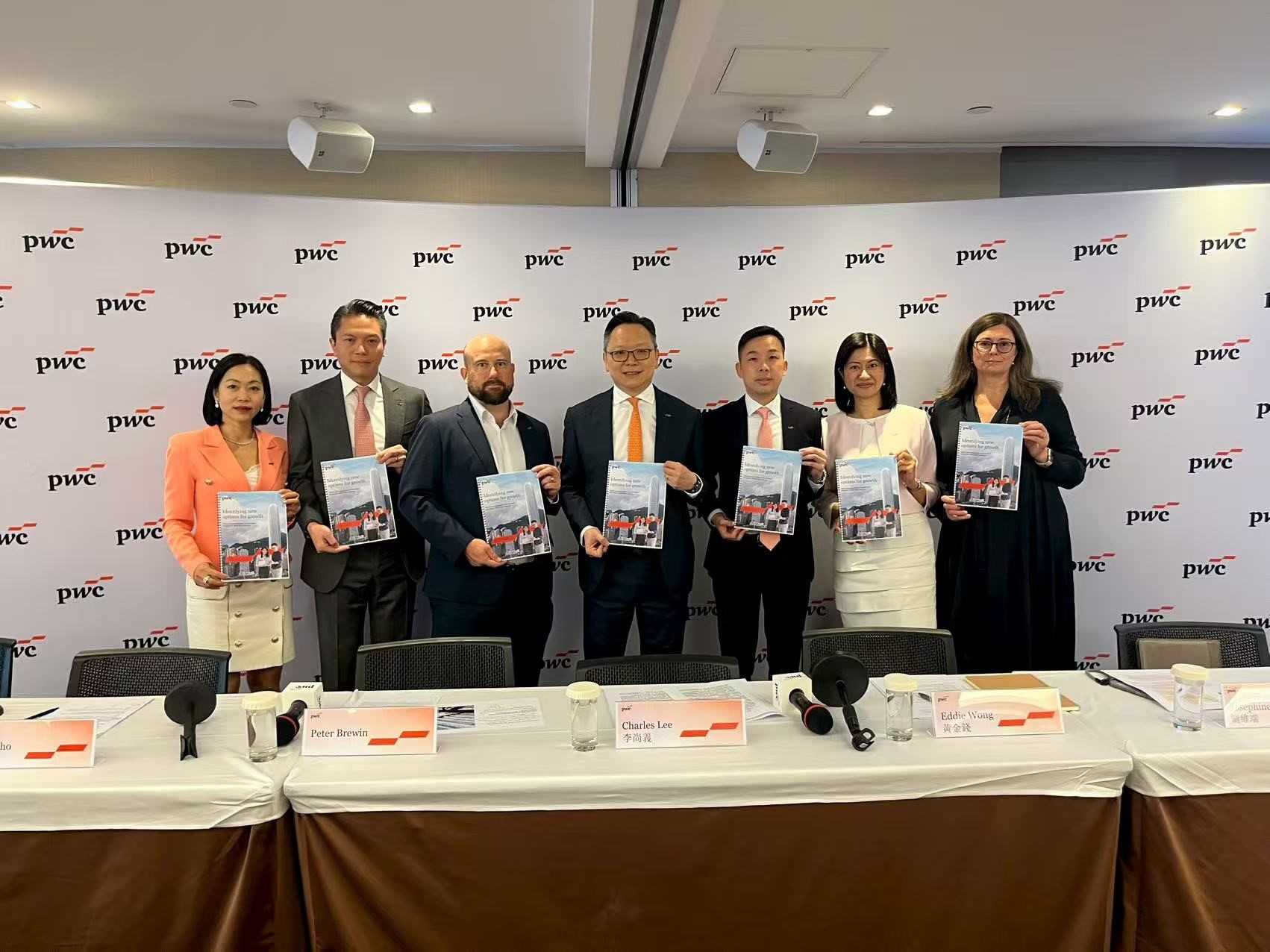
The Hong Kong Special Administrative Region government can optimize its digital asset market by establishing a more feasible tokenization mechanism, according to consulting and accounting firm PwC's report on Tuesday.
In June, the Hong Kong SAR government published its Policy Statement 2.0 on the Development of Digital Assets in Hong Kong, which sets out a vision for a trusted and innovative digital asset ecosystem that prioritizes risk management and investor protection.
Based on this policy, PwC's recommendations for the chief executive’s 2025 Policy Address, scheduled for September, focus on the potential for Hong Kong to position itself as a digital-first asset and wealth management (AWM) hub.
READ MORE: Hong Kong advances as global asset management hub
To enhance the establishment of a local digital asset market, the firm suggested that the city establishes blockchain-native asset registries to facilitate the tokenization of assets, implementing mechanisms for registering the issuance and transfer of digital assets representing land, intellectual property (IP), equity shareholding and other assets; and explores the creation of blockchain-native fund vehicles using company digital member registers in an initial pilot project.
“Many Hong Kong-based companies may issue stablecoins on a variety of public blockchains,” said Peter Brewin, PwC Hong Kong digital assets leader.
Brewin said that, currently, when companies seek to tokenize financial assets like funds, data, and IP rights which do not have a physical form, they may be hindered in their ability to do so.
A blockchain-native asset registry would be able to facilitate this process and reduce the need to duplicate work. Meanwhile, “the government should start a pilot and also study plans (to determine) what would be the right trading architecture in the secondary market trading of the asset (without physical form),” said Brewin.
ALSO READ: Why does Hong Kong adopt stringent stablecoin regulations?
The firm says the city’s AWM sector is now overseeing $4.5 trillion in assets, standing as a cornerstone of the city’s financial ecosystem.
Josephine Kwan, PwC Hong Kong’s asset and wealth management industry leader, said, “It is vital to take a holistic approach to promote Hong Kong as the destination of choice for business.”
“Measures should include preferential tax treatment and an attractive talent policy. Hong Kong should also promote Hong Kong fund vehicles and continue its advancement of strategic cross-border initiatives such as the Wealth Management Connect scheme, the Mutual Recognition of Funds scheme, and the inclusion of ETFs (exchange traded funds) in Stock Connect,” Kwan said.
Contact the writer at thor_wu@chinadailyhk.com


